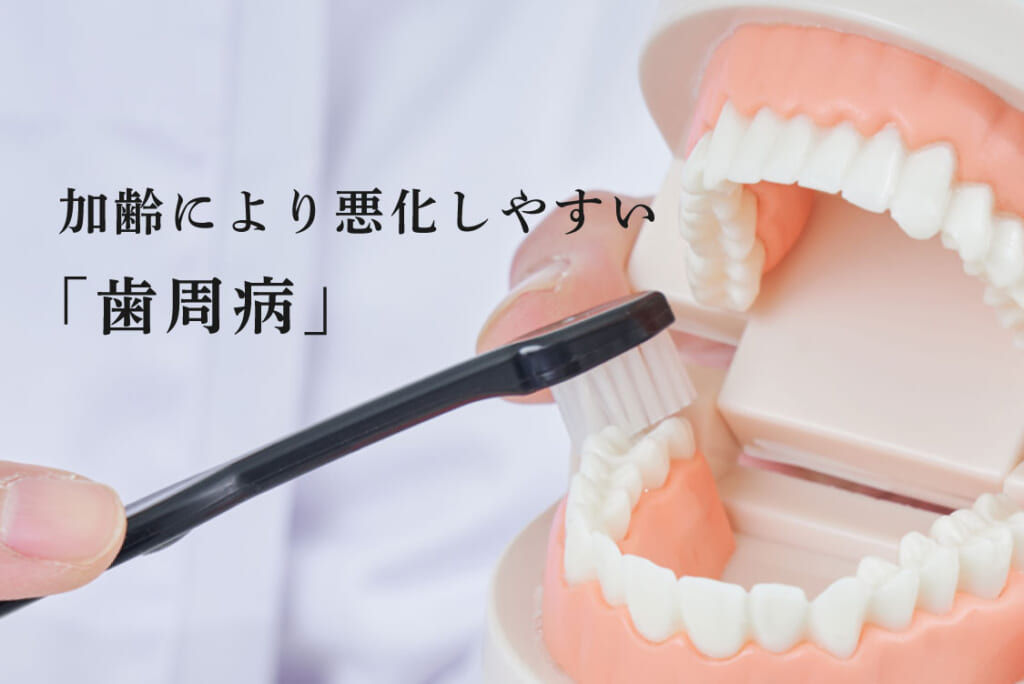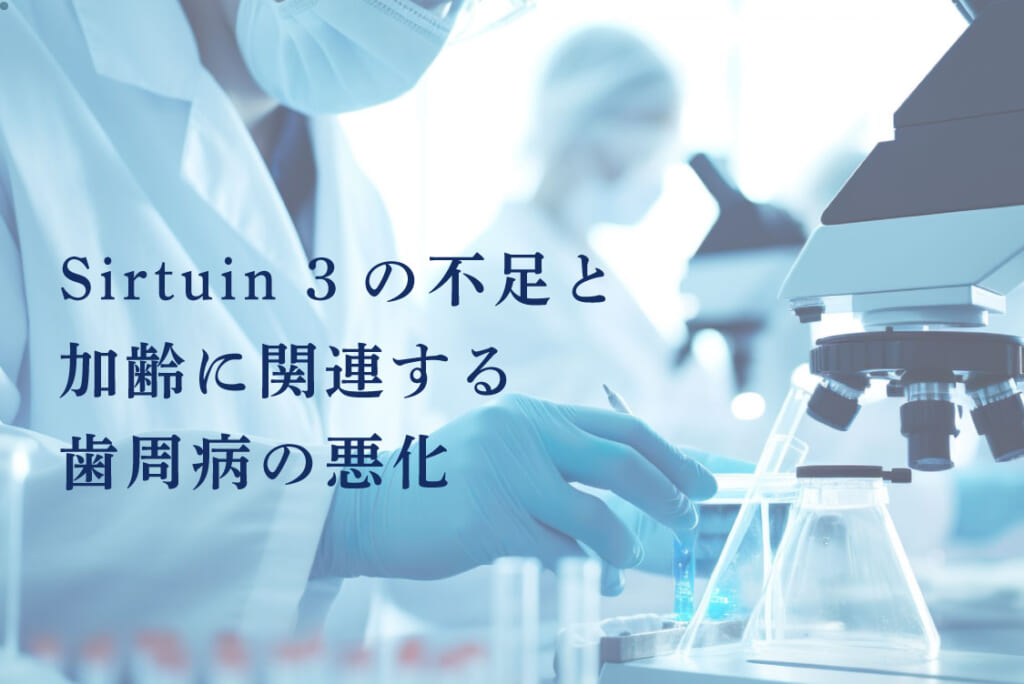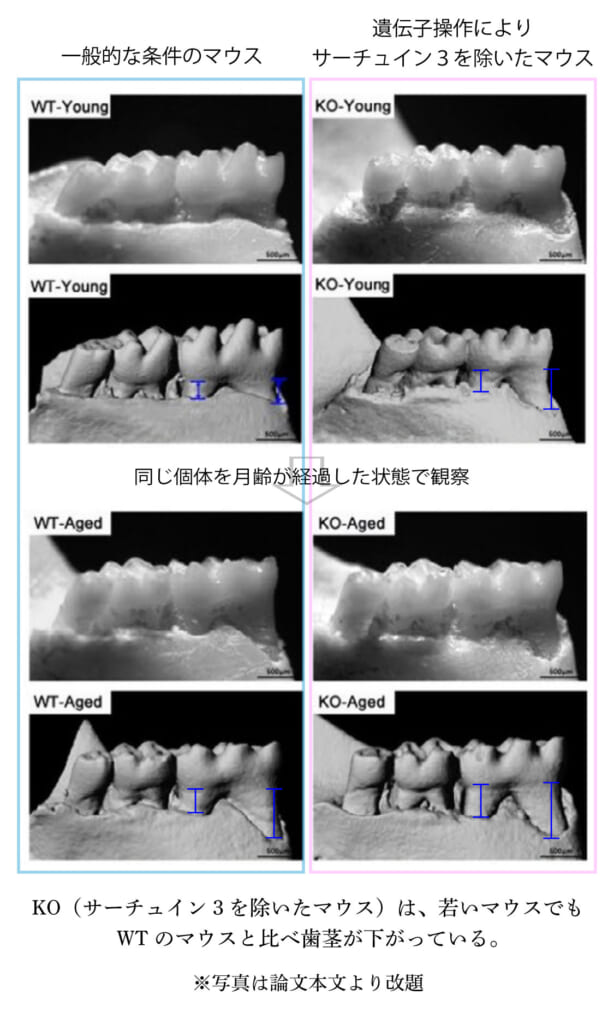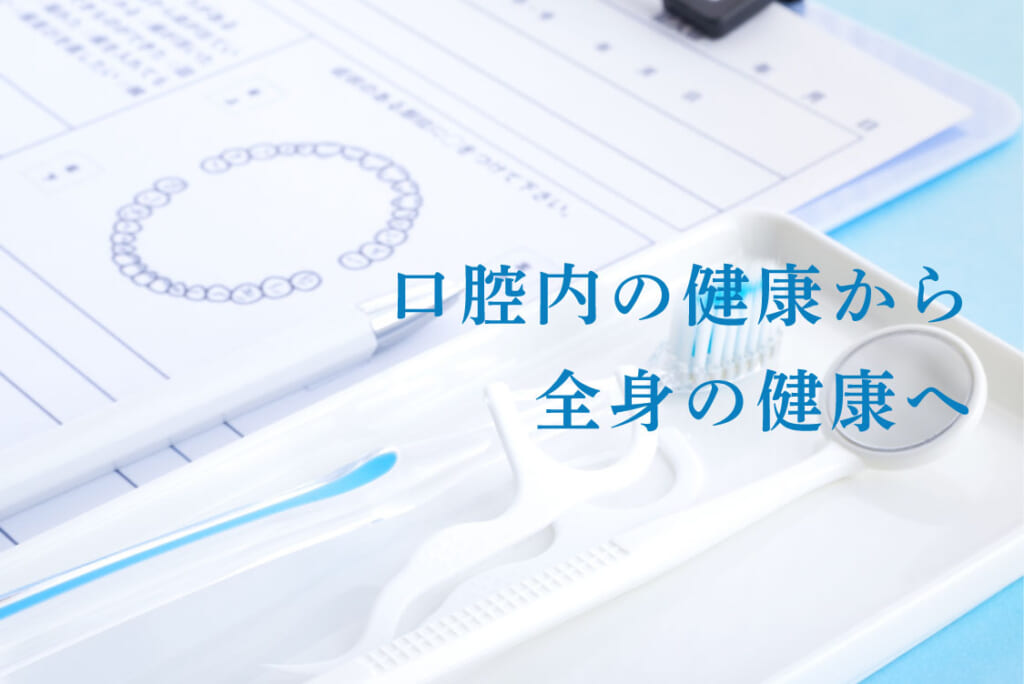NMN, a strong ally in preventing and combating age-related periodontal disease  ■Periodontal disease easily worsens with age
■Periodontal disease easily worsens with age
It occurs when periodontal bacteria invade the gaps between teeth and gums, causing inflammation in the supporting tissues of the teeth (gingivitis). This progresses to the breakdown of the supporting tissues (periodontitis), leading to a bacterial infection.
The main cause of periodontal disease is dental plaque. Insufficient hygiene leads to the growth of plaque, which then develops into periodontal disease. Additionally, aging is considered one of the causes of periodontal disease. Strictly speaking, as we age, the gums recede and the amount of bone that supports the teeth decreases, creating an oral environment where periodontal bacteria can easily breed, increasing the risk of developing periodontal disease. It is known that age-related periodontal disease takes time to heal, so it is important to maintain a youthful and healthy oral environment to prevent the progression of periodontal disease even in old age.
 ■Sirtuin and periodontal disease are related
■Sirtuin and periodontal disease are related
The sirtuin genes range from sirtuin 1 (SIRT1) to sirtuin 7 (SIRT7), and the sirtuin proteins function as NAD+-dependent deacetylases. Among them, sirtuin 3 (SIRT3) present in mitochondria is particularly believed to have a deep connection with periodontal disease.
In 2021, the National Institutes of Health in the United States reported that older mice with SIRT3 deficiency showed a faster deterioration due to periodontal disease compared to mice under other conditions. We will provide detailed information about the experiment’s content and its results below!
 ■The experiment
■The experiment
The aim of this study is to elucidate the impact and mechanism of SIRT3 on age-related periodontal disease. To achieve this, mice with a genetically deleted SIRT3 gene (KO) were artificially created and compared with normal mice (WT). The experiment involved comparing four groups: WT-Young, KO-Young, WT-Aged, and KO-Aged, conducted during their young and aged stages.

Through the analysis, it was revealed that in the alveolar bone of WT-Aged mice, there was a decrease in SIRT3 compared to the alveolar bone of WT-Young mice. This indicates that the function of SIRT3 diminishes with age.
Furthermore, in the alveolar bone of KO-Aged mice, the measurement value representing bone decomposition was the highest among the four groups, indicating that the alveolar bone was actually decreasing. From these results, it was suggested that the decrease in alveolar bone in age-related periodontal disease may be attributed to a mechanism in which the decline in SIRT3 activity disrupts the balance between bone destruction and formation in metabolism, tilting it towards bone decomposition.
Furthermore, it was observed that the decrease in SIRT3 activity led to diminished mitochondrial function in the gingival tissues, resulting in increased damage by reactive oxygen species. This also predicts that the decline in SIRT3 function has a strong influence on the progression of age-related periodontal disease.
 ■From dental health to overall health
■From dental health to overall health
When applying the mechanism of the above experiment to humans, it is believed that activating SIRT3 in humans could potentially prevent age-related periodontal disease. Research is currently underway to establish the evidence to support this hypothesis.
NAD+ (nicotinamide adenine dinucleotide), which is present in body tissues, contributes to the activation of sirtuin genes, including SIRT3. However, it is known that NAD+ decreases with age. There are ways to restore and increase NAD+ in the body, such as exercise and calorie restriction, but they come with physical and mental stress. Hence, it is gaining attention the intake of NMN (a precursor to NAD+ and a new standard in next-generation anti-aging care) for the recovery and increase of NAD+.
NMN, like NAD+, is present in the cells of all living organisms and its production decreases with age. Certainly, NMN can be obtained from food sources, but the quantity is minimal, so it is more efficient and common to intake NMN through supplements or intravenous administration.
Dental and oral health is directly linked to overall physical health and improving your quality of life. Do not forget NMN to prevent periodontal disease and improve your overall health and youthfulness!
Footnote
Reference paper: [“Sirtuin 3 deficiency exacerbates age-related periodontal disease”]
Journal Name/Volume: J Periodontal Res. 2021 Dec;56(6):1163-1173
Paper URL: Here [PubMed]
https://pubmed.ncbi.nlm.nih.gov/34591326/
